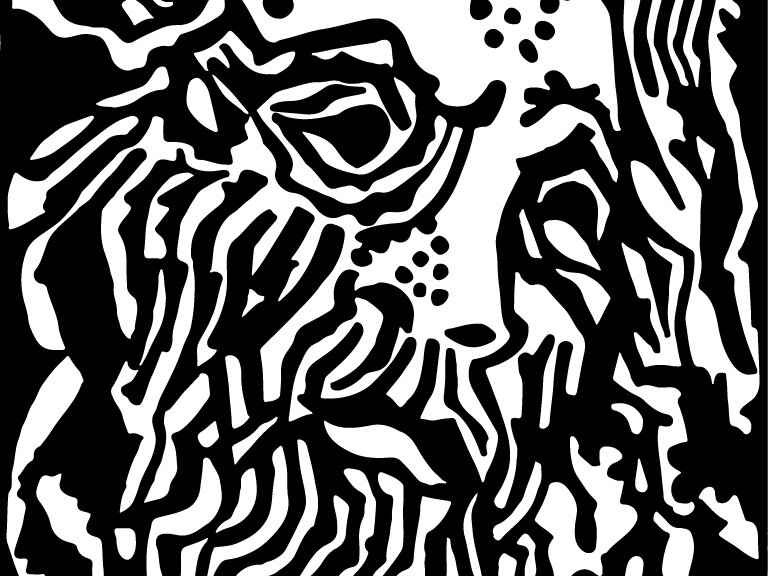Legend of Alderley Schools Pack
The Invisible Worlds team have produced a pack on the legend of Alderley, to be used as an introduction to the study of the relationship of legendary narratives to landscapes and local history (including archival material) at Key Stage 2. The pack is available to use and to adapt freely, but we would be very grateful if users could complete the teacher survey included in the pack and return it to v.flood@bham.ac.uk as we continue to develop our intersection with schools curricula. We are also very happy to discuss schools visits, both within and beyond Alderley Edge.
Overall enquiry question: Why do we tell legends about remarkable places?
Learning objectives:
Introduction to critical vocabulary: what do we mean by the word legend?
Discussion of the Legend of Alderley, exploring its relationship to local oral and written history.
Reflection on the ways in which people in the past told, and people in the present might re-tell, legendary stories.
Composition of a piece of creative work responding to, or re-imagining, the legends (plural) of Alderley Edge.
Year group: 5-6
Lessons: 1 x 1hour
Resources [in link above]
File name:
Lesson Resource – Legend of Alderley
Place-specific Prompts (AR)
Stanley Notebook
Description of resource:
PowerPoint with integrated video of Invisible Worlds augmented reality app and accompanying soundscapes.
Text of place-specific questions and prompts integrated in app (first 2 for each of the 4 portals here included).
Modern English translation and partial paraphrase of Lord John Stanley’s account of the Legend of Alderley in the Stanley notebook (held in Cheshire Archives and Local Studies).
Author: Dr Victoria Flood, University of Birmingham
University & Heritage Workshops
During Spring and Summer 2022, the Invisible Worlds team conducted workshops with university and heritage professionals, exploring creative placemaking activities in response to the project’s creative commissions. Held at the University of Birmingham and the Institute of Advanced Studies at the University of Western Australia, the responses across these sites were in some respects very similar, and in other ways culturally distinct.
